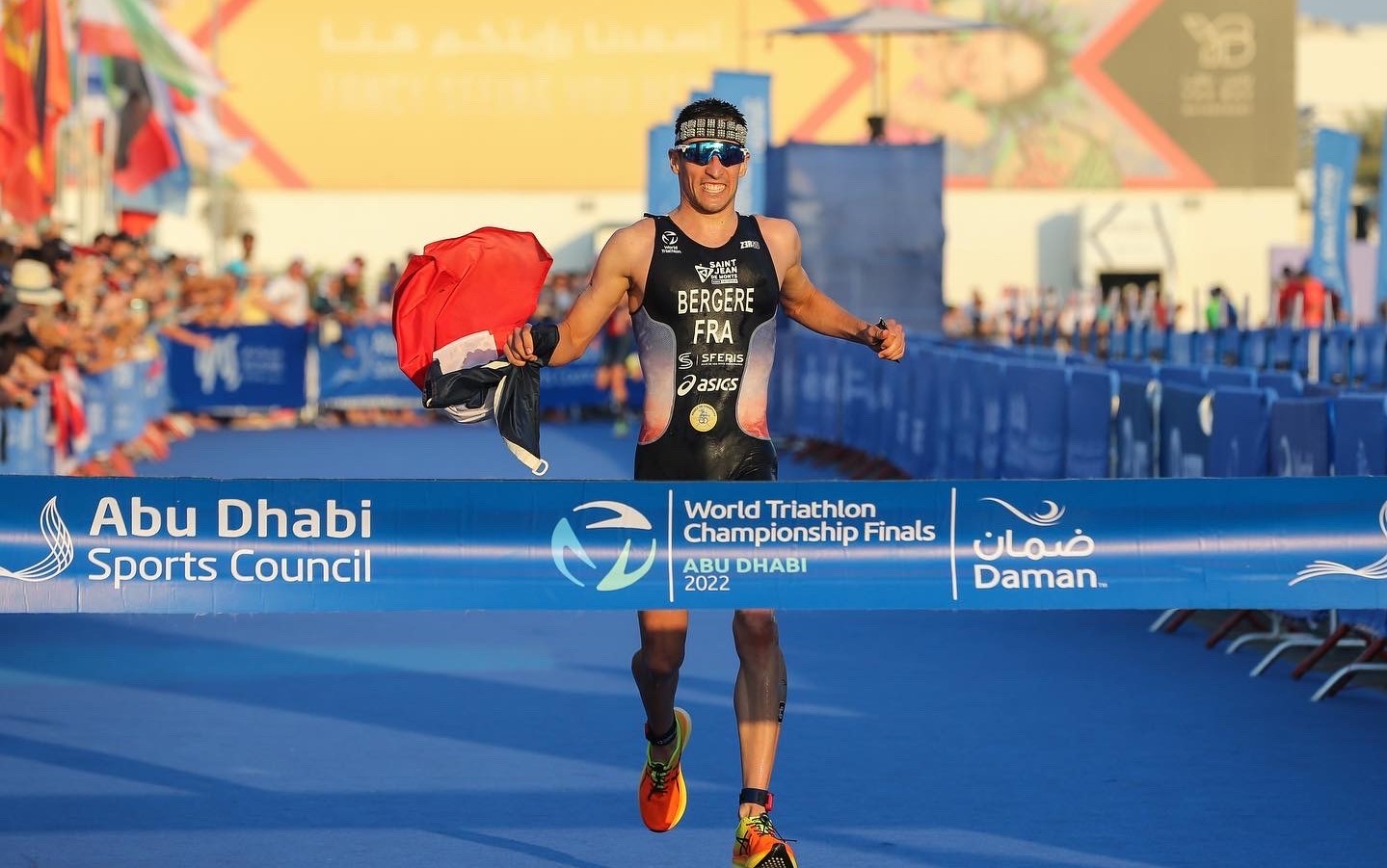In the world of long-distance athletics, the triathlon stands out as a unique challenge that challenges an athlete's abilities across the swim, cycling, and the run. As more individuals engage in this multi-discipline sport, the need for competent coaching becomes increasingly evident. Triathlon coaching not only offer the technical expertise to navigate various disciplines but also cultivates the mental resilience required to excel in training and competitions.
Maximizing performance and enhancing overall health through triathlon coaching is not just about adhering to a training plan; it's about tapping into customized approaches that enhance your strengths while addressing your weaknesses. With the right coach, athletes can successfully integrate their physical training with essential recovery and nutrition strategies, ensuring they are ready both mentally and physically for race day. Embracing triathlon coaching can truly be the key to unlocking your full potential in this demanding sport.
Value of Coaching Services in Triathlon Events
Successful coaching is essential in triathlons as it provides athletes with the support and expertise necessary to succeed in this rigorous sport. A coach assists pinpoint an athlete's strengths and weaknesses, customizing training programs to boost performance. This custom approach ensures that athletes can refine their skills in swimming, biking, and the foot race while also paying attention to their eating habits and recovery plans. The result is not only improved performance but also minimized risk of injury.

One more key aspect of coaching is the psychological support it offers. Triathlons require mental toughness, and a coach can help athletes cultivate the psychological fortitude needed to navigate the challenges of training and competition. They can provide encouragement and motivation, helping athletes push through difficult moments and stay committed to their goals. Additionally, coaches can build assurance in their athletes, which is key for competing at a high level.
Moreover, coaching brings commitment to the training journey. Athletes often gain advantages from the presence of someone to report to, which can enhance their dedication and consistency. Consistent updates with a coach help athletes keep on course, modifying their training plans as required to fit their evolving fitness levels and goals. This structured support fosters a sense of discipline that can lead to substantial improvements in performance and overall health.
Key Coaching Techniques for Athletes
An important key technique in triathlon coaching is the creation of a tailored training plan. Every athlete has individual strengths, weaknesses, and goals, making individualized plans vital for success. A well-designed plan accounts for the distinct distances and disciplines within a triathlon, allowing athletes to focus on developing endurance, speed, and technique in the swim leg, the bike leg, and the run leg. This tailor-made approach helps in enhancing training sessions and improves performance while reducing the risk of injury.
A further important aspect of coaching is ongoing assessment and feedback. Coaches often implement regular performance evaluations to track progress and adjust training regimens as needed. This may include examining timed trials, evaluating swim strokes, or observing heart rates during workouts. Providing helpful feedback helps athletes understand their performance metrics better, allowing them to make knowledgeable adjustments to their training and improve overall efficiency.
Mental conditioning is also a critical factor in triathlon coaching. Coaches focus on developing an athlete's mental fortitude through techniques such as visualization, defining goals, and creating race-day strategies. By preparing athletes mentally, coaches can help them manage the challenges of racing, including pacing, transitions, and dealing with unforeseen barriers. This integrated approach not only fosters confidence but also equips athletes with the resilience needed to face competition and achieve their highest potential.
Assessing Success Through Coaching
Success in triathlon is not solely defined by finishing results or placement positions; it includes the overall development of an athlete's physical and mental skills. Training offers a structure for establishing personalized objectives, tracking progress, and modifying training plans to enhance performance. Consistent assessments and feedback from a coach help athletes to recognize assets and weaknesses, ultimately leading to a comprehensive understanding of their own capabilities. This tailored approach ensures that each athlete is not solely training effectively but is also aware of their advancements in relation to their individual ambitions.
In addition, the relationship between an athlete and their coach plays a crucial role in measuring achievement. A coach provides inspiration, accountability, and emotional assistance, which can greatly impact an athlete’s commitment and determination. This network helps in the development of a positive attitude, allowing athletes to face obstacles head-on and maintain their focus on long-term objectives. The support received from a coach can motivate an athlete to strive beyond perceived boundaries, marking personal victories that may not necessarily be reflected in quantitative statistics.
In conclusion, the effectiveness of triathlon coaching can be assessed through the complete enhancement of athletes, including not just performance measures but also health and overall wellness. Athletes often communicate increased self-assurance, enhanced stress management, and a increased sense of community resulting from their coaching journey. These qualitative indicators, alongside quantifiable performance improvements, create a detailed picture of success, indicating the significant effect that effective coaching can have on all facets of an athlete's journey.
